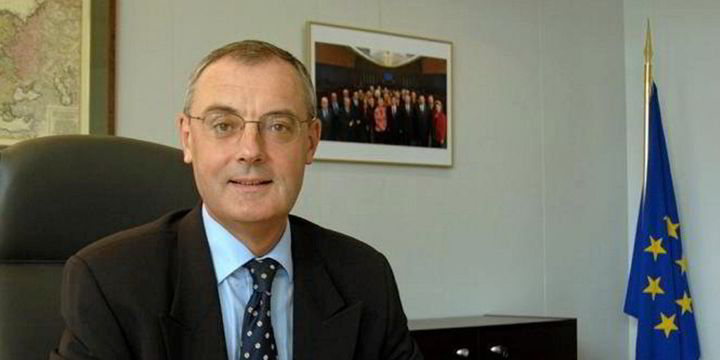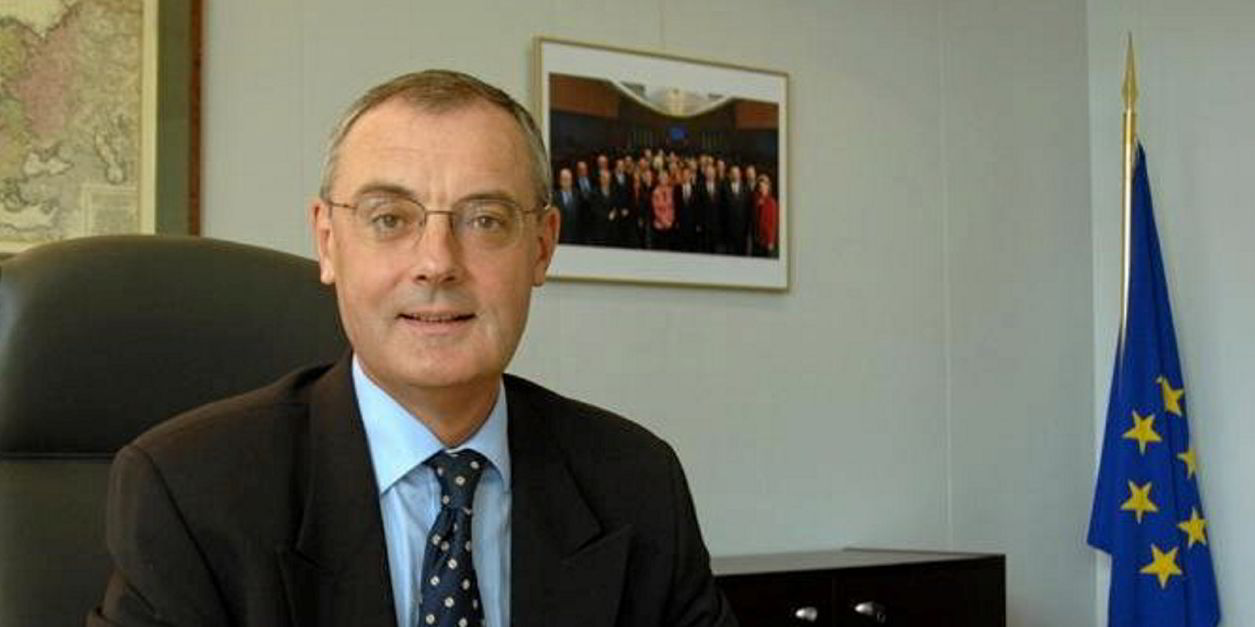Kazakhastan is sticking firmly to its stance that it should pay a “fair price” for Russian pipeline gas, apparently as a reward for helping Moscow to arrange alternative import routes for Western equipment and machinery.
Speaking in the capital, Astana, Kazakh Energy Minister Almasadam Satkaliyev said: “We understand that the price [of Russian gas for Kazakhstan] is determined by Gazprom and the country’s government. We are sure that the price will be fair as it will reflect [Russia’s] relationship with Kazakhstan and Belarus.”
“Factors of strategic partnership between our countries, including economic parameters, will also be taken into account” in the Russian gas pricing formula, Satkaliyev added.
Last week, Satkaliyev suggested ongoing talks may result in Kazakhstan paying even less for Russian gas than Belarus — which is Russia’s closest ally in its war against Ukraine and allows Russian troops on its territory and supplies it with ammunition.
The suggestion caused fury at Gazprom which released a statement to say that Satkaliyev’s comment is “not true”.
In February, Russia agreed to extend last year’s gas price of $128.52 per thousand cubic metres ($12.24 per megawatt hour) for Belarus into 2023, according to Russian Energy Minister Nikolay Shulginov. This is almost four times lower than the current spot price in Europe.
Article continues below the advert
Discussions between Russia and two former Soviet republics — Kazakhstan and Uzbekistan — on Russian gas deliveries began last summer after Gazprom had significantly reduced its exports to Europe, previously its most profitable foreign market.
In March, the Kazakh government and Gazprom signed a gas co-operation protocol for this year and next, with Kazakh state gas company Qazaqgaz made responsible for agreeing technical matters of supply.
Former Kazakh energy minister Bolat Akchulakov said last year that during the first phase Kazakhstan may import about 4 billion cubic metres of Russian gas to supply the country’s north and eastern regions, avoiding the need for building lengthy pipelines from the west where most Kazakh gas fields are located.
Akchulakov said Kazakhstan might want Russian gas supplies to grow to between 7 Bcm and 10 Bcm per year as power stations in these regions switch from coal to gas.
EU transit concerns
European Union Special Envoy on sanctions David O’Sullivan voiced growing concerns on his visit to Astana on Monday that Kazakhstan together with some other former Soviet countries in Central Asia are becoming transit states for Russia to import western equipment and machinery, banned by international sanctions.
Kazakh news agency KazTag quoted O’Sullivan as saying that European exports, previously destined for Russia, have been redirected to Kazakhstan and other countries in Central Asia in recent months.
In turn, EU authorities have noted that Kazakhstan had significantly grown its exports to Russia during this time.
Earlier this year, European officials pointed out that the volume of EU export deliveries to Kazakhstan, Kyrgyzstan, Uzbekistan and other former Soviet countries in Central Asia increased by between 60% and 80% compared with the pre-Ukraine war level. These states are on the trade channels from the EU to Russia.
Among the goods delivered were washing machines, cameras and cars which are all classified as “dual-use” as their electronics and other components can be used for military purposes — mainly to repair war-damaged tanks, armoured personnel carriers and reconnaissance drones.
According to O’Sullivan, the EU has been holding training workshops for Kazakh companies in Astana to raise awareness of EU sanctions against Russia and their application, and to co-operate to counter the possible circumvention of these measures.

